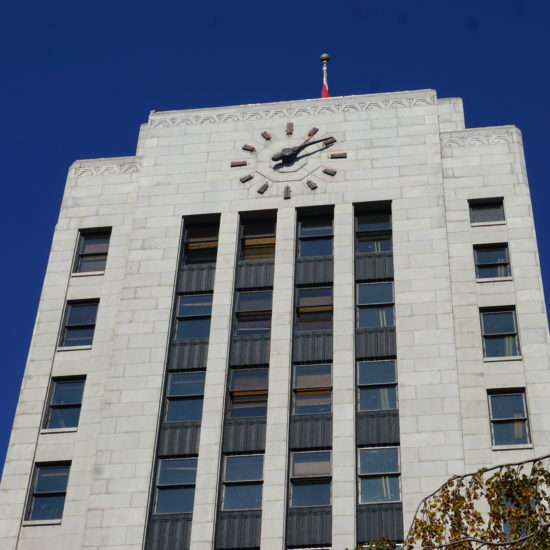
Bob Mackin
British Columbia’s public-owned vehicle licensing and basic insurance monopoly isn’t saying much about the Combined Forces Special Enforcement Unit of B.C. investigation of a 2011-fired employee.
Candy Elaine Rheaume, a 44-year-old New Westminster woman, was charged Feb. 2, 2017 in connection with the firebombing spree that terrorized innocent people connected to the Justice Institute of B.C.
Rheaume is accused of fraudulent and unauthorized access of the Insurance Corporation of B.C. database. Her first court appearance is scheduled for Feb. 15.
There were 19 arsons and four shootings in nine municipalities between January 2011 and April 2012 targeting the houses and vehicles of people connected to the Justice Institute. Last July, Langley heroin addict Vincent Eric Gia-Hwa Cheung pleaded guilty to 18 of 23 charges and was jailed for 13-and-a-half years. Time-served credits mean he will be free in 12 years.
CFSEU said it “established that a then-ICBC employee had queried the 15 victims’ licence plates and accessed their personal information. That information was ultimately used by the orchestrator to facilitate the brazen attacks.”
A source told theBreaker that Rheaume was an adjuster in the New Westminster claims centre. ICBC’s Adam Grossman refused to comment when contacted by theBreaker.
One of her co-workers was Jonathan X. Cote, who was elected mayor of New Westminster in 2014.
“Everyone in the office was shocked when she was fired and felt bad as she was a single mom,” Cote told theBreaker in a text message. “None of us had any idea what had happened and have basically found out in subsequent media articles.”
Cote said he didn’t really know Rheaume and had little else to say.
As Rheaume’s case moves through the courts, the public will learn more about how ICBC collects and is supposed to guard the personal information of millions of British Columbians.

Is the Crown corporation living up to its branding? One citizen says no.
ICBC’s vast database includes personal information of more than 3.4 million licensed drivers and the owners/operators of more than 3.5 million registered vehicles. The province’s total population is 4.75 million.
ICBC’s dirty secret?
One way that personal information gets out of ICBC’s database is the so-called Secure Police Line, which is operated by designated employees at the Surrey Claims Contact Centre.
To operate the police line, ICBC relies on a section of the Freedom of Information and Protection of Privacy Act that allows public bodies to share personal information with other public bodies or law enforcement agencies, “to assist a specific investigation that is undertaken with a view to a law enforcement proceeding, or from which a law enforcement proceeding is likely to result.”
Officially, the police line is intended to be a way for police to access information on the fly, when there is a threat of homicide or abduction, Amber alert or hostage-taking.
But it can also be used for non-emergency situations, such as when the Canadian Police Information Centre database is down.
One citizen says it should be shut down because it lacks judicial oversight and is open to abuse.
In 2006, Daryl Cook disputed a speeding ticket and found that ICBC had disclosed his unlisted phone number to a member of the Burnaby RCMP. He cross-examined the cop who confirmed that the police line did, in fact, exist. All officers need to do when they call-in is give a badge number. The operator then provides them access to information about individuals’ drivers’ licences and insurance policies. The phone number is changed every six months.
Cook says it is alarming how easy law enforcement agencies, including those from the United States, are routinely accessing British Columbians’ personal information from ICBC’s police line. They are doing so without any consent from a justice of the peace and infringing upon Canadians’ civil rights, Cook says.
Below are 582 pages of ICBC police line call logs from January 2015 to June 2015 that show the dates and times of calls, the names of ICBC employees who answered them, the various law enforcement organizations and detachments, police file numbers, identification supplied by police, the call types and types of personal information about B.C. drivers given to police.
It took a lengthy battle with ICBC’s Freedom of Information office to obtain these censored documents.
UPDATE: Major development! Acting Information and Privacy Commissioner Drew McArthur announced Feb. 23 that he would audit information-sharing agreements between ICBC and various public bodies and private sector organizations. A timeline for the project and publication date are to be determined.
F246724r ICBC Police Line by BobMackin on Scribd











